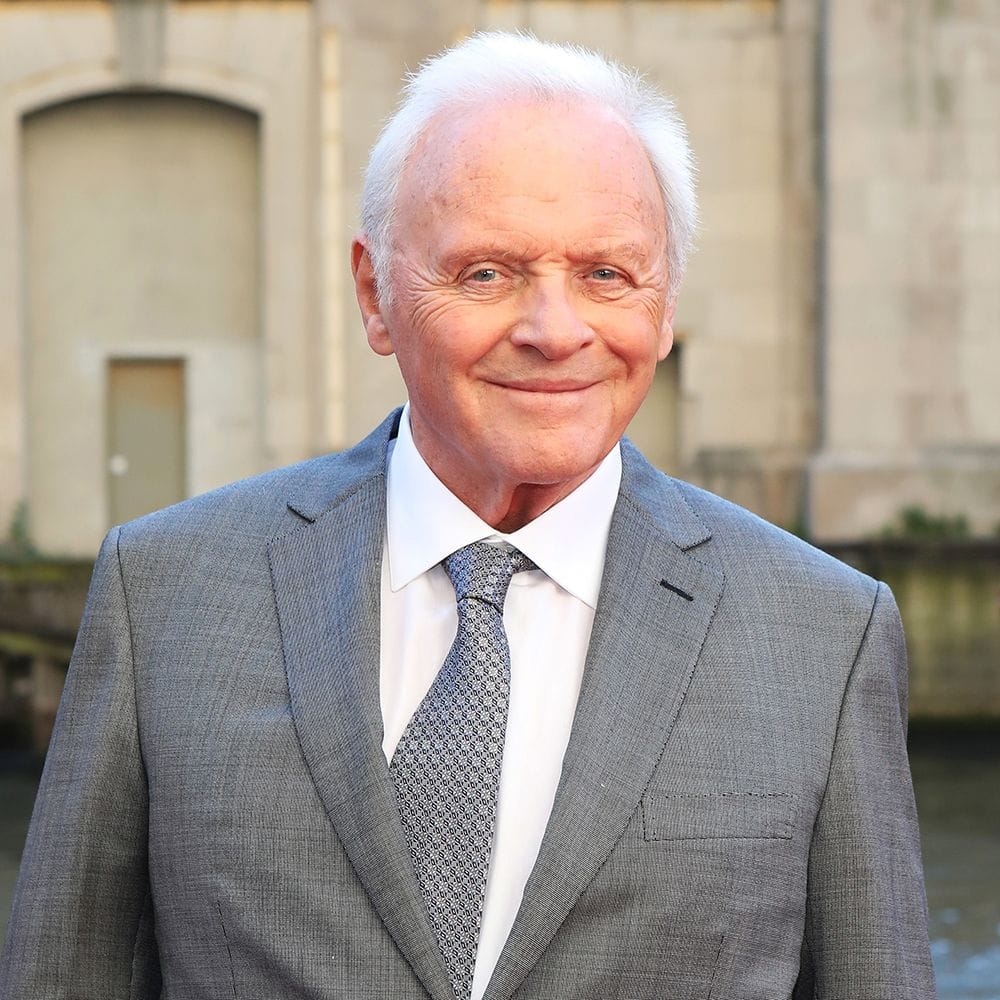
Autism, noun: a brain condition that affects the development of social and communication skills in ways that can be severe or slight, and that can make someone’s behaviour and interests different from people without the condition.
The dictionary definition is simple at first glance.
But in reality, this neurodevelopmental condition is complex, often misunderstood, and at times, stigmatised.
The effects and severity of symptoms can vary greatly from person to person for example, and additionally these can change over time – hence the use of the word spectrum.
And despite numerous fallacies about the condition, a closer look at the lives of many people with Autism reveals a different narrative – one of resilience, creativity, and remarkable success.
Not least because they tend to be highly imaginative, with an enhanced ability to hyperfocus, increased attention to detail and excellent memory skills.
Here, we highlight some famous faces who you may or may not know have Autism and showcase how their unique perspectives and talents have propelled them to greatness.
Looking at all these amazing individuals, we would all do well to recognise that an Autism diagnosis by no means should keep you from achieving remarkable things.
Judy Singer
Many people with autism spectrum disorder (as it is officially known), gift the world with inventions or new ways of thinking.
In fact, the first entry on the list is the woman who coined the term ‘neurodiversity’ in the 1990s, Judy Singer.
The Australian sociologist, who grew up in Brisbane, suffered from bullying at school and had difficulty making eye contact and ‘small talk’.
Singer also faced battles with obsessive behaviours and extreme emotional attachments.
She says, “I’m not quite disabled and I am not quite mainstream.”
Albert Einstein
Considered by many to have been one of the greatest scientists of all time, Albert Einstein is widely believed by experts to have had many of the traits associated with ASD.
Einstein reportedly didn’t speak until he was four, obsessively repeated sentences and was a loner as a child.
Several other renowned scientists and inventors such as Issac Newton, Charles Darwin, Michelangelo and Benjamin Franklin were also thought to have had some form of Autism.
Sir Anthony Hopkins
Elon Musk
As the founder of numerous companies, entrepreneur Elon Musk widely revealed having Asperger’s (now a part of the wider diagnosis autism spectrum disorder) in 2021 when he hosted ‘Saturday Night Live’.
In his opening monologue, Musk said: “To anyone who I’ve offended [with my Twitter posts], I just want to say I reinvented electric cars, and I’m sending people to Mars in a rocket ship. Did you think I was also going to be a chill, normal dude?”
Tim Burton
While never formally diagnosed with Autism, Tim Burton identifies with the condition, believing he has a mild to moderate case of Asperger’s Syndrome.
Burton spent most of his childhood as a recluse, enjoying painting, drawing, and watching films. He struggled during college with real life drawings, but instead chose to embrace his own unique style.
Thanks to the challenges provided to him by Asperger’s, he has built a successful life.
Rather than allowing others to define him, the director has taken advantage of the pictures in his mind to make films that make us all see the world through his eyes.
Many experts have also suggested that creative writers and directors including Mark Twain, Stanley Kubrick, Jane Austen, Woody Allen, Hans Christian Anderson, Andy Warhol and Alfred Hitchcock may indeed have some form of Autism.
Wolfgang Amadeus Mozart
Many biographical accounts of renowned composer Wolfgang Amadeus Mozart have made reference to his peculiar behaviours such as frequent facial grimacing, repetitive movements of hands and feet, mood swings and impulse control – traits that are often associated with ASD.
Numerous other musical legends that are also believed to be on the spectrum include Michael Jackson, James Taylor and Ludwig Van Beethoven.
Misconceptions about Autism
There are several common misconceptions about Autism that can contribute to misunderstanding and stigma surrounding the condition.
Indeed, research has found most adults with ‘invisible disabilities’ such as Asperger’s conceal them professionally to avoid potential discrimination.
It is important to dispel these misconceptions and promote accurate understanding and acceptance of Autism in society.
Understanding Autism
Autism is not learned behaviour: Contrary to misconceptions, autism is a neurodevelopmental condition with biological and genetic origins. It is not influenced by upbringing or environmental factors.
People with Autism have empathy: While individuals with autism may express empathy differently or struggle with social cues, they possess the capacity to feel and express empathy just like anyone else.
Autism is not limited to childhood: Autism is a lifelong condition that persists into adulthood. While early intervention and support are crucial, individuals with autism continue to grow and experience both challenges and strengths throughout their lives.
Diversity within Autism: Autism is a spectrum disorder, meaning it affects each person uniquely. Some individuals may have mild symptoms and lead typical lives, while others may require more support in daily living. Understanding and celebrating this diversity is essential.
Autism is not a disease to be cured: Autism is a neurological difference that shapes how individuals perceive and interact with the world. While there is no cure for autism, early intervention, therapy, and support services can empower individuals with autism to thrive and reach their full potential.






